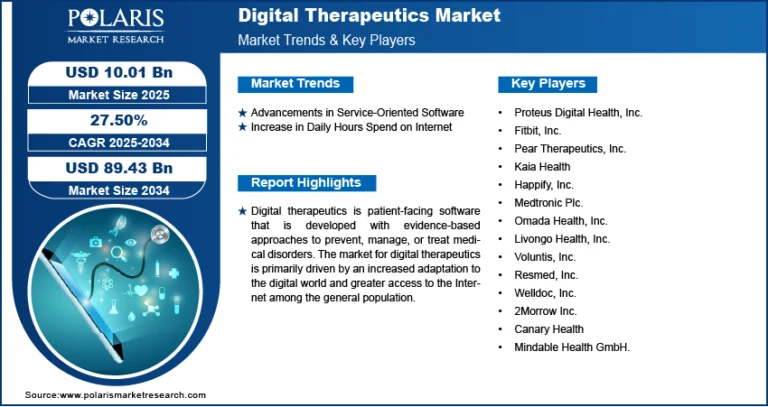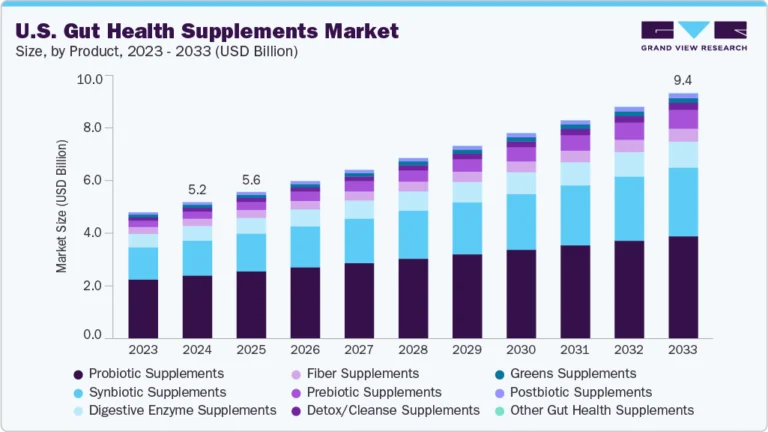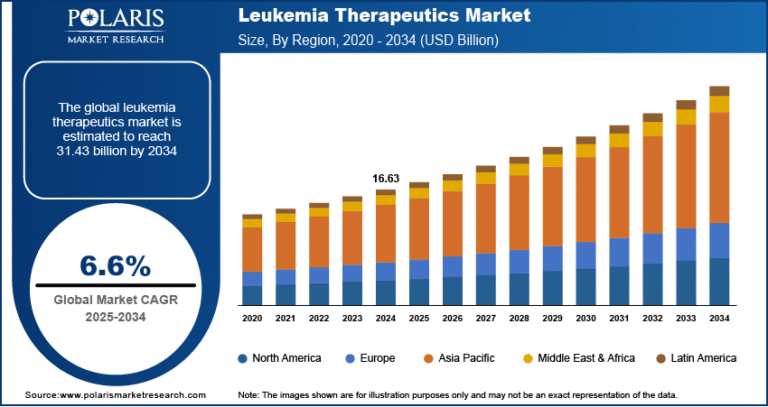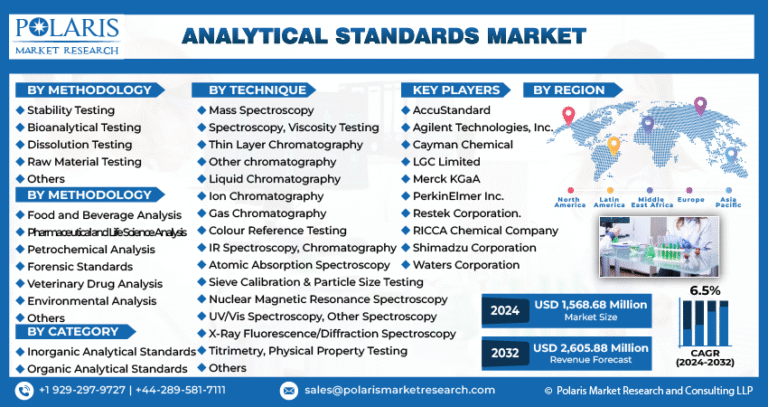Research Grade Proteins Market Projected to Reach USD 2,771.32 Million by 2034, Growing at a CAGR of 10.80%
The global Research Grade Proteins Market was valued at USD 985.25 million in 2024 and is projected to grow at a CAGR of 10.8% from 2025 to 2034, reaching an estimated USD 2,771.32 million by 2034. This growth is primarily driven by the expanding landscape of life sciences research, increasing focus on biopharmaceutical development, and rising adoption of personalized medicine.
Key Market Trends & Insights:
Rising Demand for Recombinant Proteins – Recombinant proteins are gaining traction due to their high purity, consistency, and scalability, making them ideal for research, diagnostics, and therapeutic development.
Integration of AI and Computational Tools – Advanced technologies like artificial intelligence and bioinformatics are streamlining protein design and analysis, improving efficiency in drug discovery and molecular research.
Growth in Clinical and Preclinical Studies – An increasing number of clinical trials and biomedical research initiatives are driving the demand for reliable research-grade proteins for assay development and biomarker validation.
Customization of Protein Products – There is a growing preference for customized protein solutions tailored to specific experimental needs, enhancing accuracy and relevance in research.
Expanding Biotechnology Infrastructure in Emerging Markets – Countries in Asia-Pacific and Latin America are investing in biotechnology, which is boosting demand for high-quality research proteins in academic and commercial labs.
Market Size & Forecast:
- Market size value in 2025 – USD 1,091.66 million
- Revenue forecast in 2034 – USD 2,771.32 million
- CAGR – 10.80% from 2025 – 2034
Request for Free Sample: https://www.polarismarketresearch.com/industry-analysis/research-grade-proteins-market/request-for-sample
Key Market Growth Drivers:
- Rising Demand in Drug Discovery and Diagnostics – High-purity proteins are essential for accurate results in drug development, disease research, and diagnostic applications.
- Growth in Personalized Medicine and Biotech Investments – Increasing focus on targeted therapies and expanding clinical research are driving the need for specialized research-grade proteins.
Market Challenges:
- High Production Costs and Complex Manufacturing – Producing high-purity, research-grade proteins involves advanced technology and stringent quality control, leading to high costs and scalability issues.
- Regulatory and Standardization Barriers – Lack of uniform global standards and complex regulatory approvals can hinder product consistency and slow market expansion.





